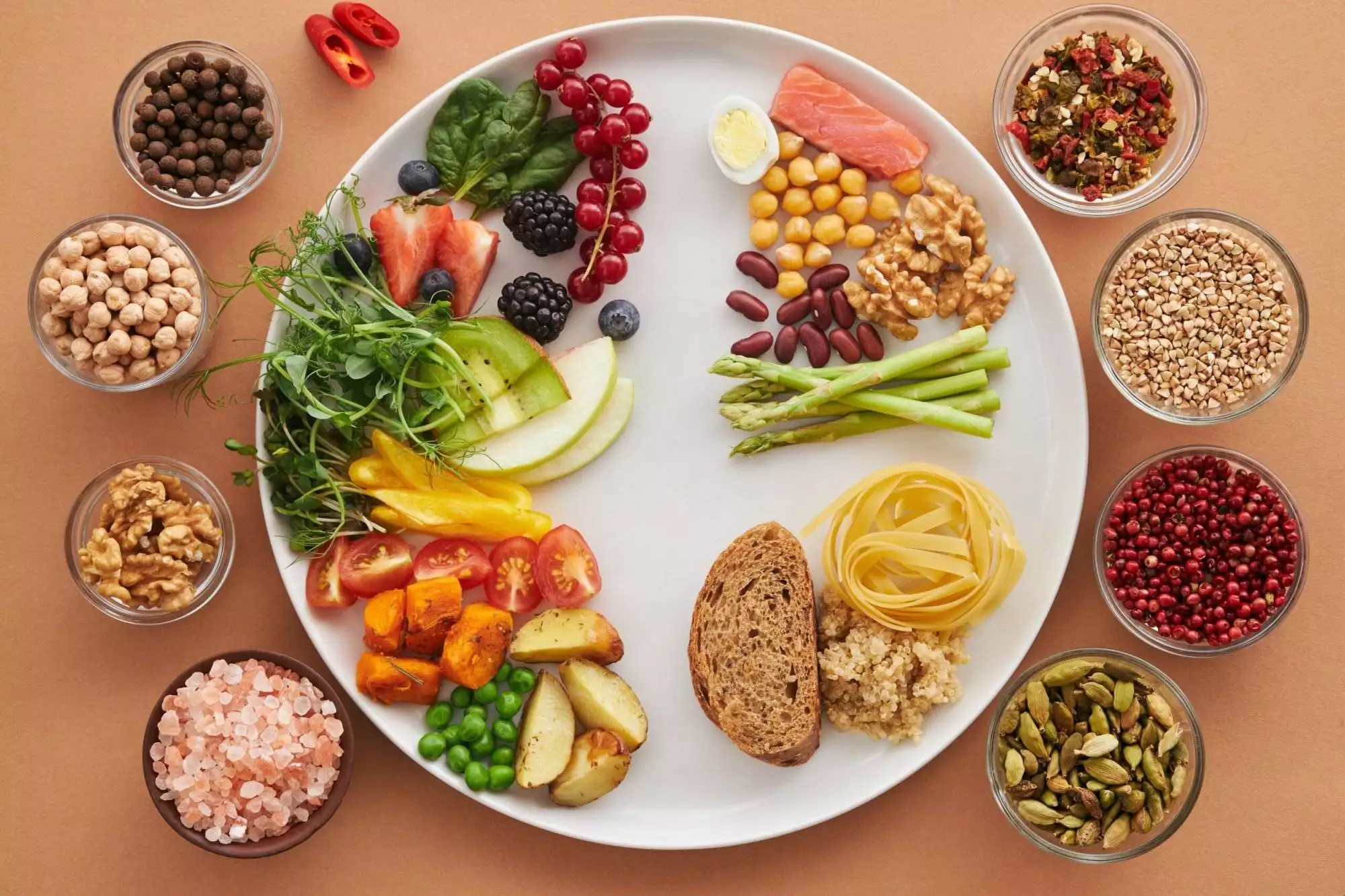In this digital age when you’re overwhelmed by information, switching to a healthy diet may seem like a real challenge. With increasing awareness of health and sustainability, vegan and vegetarian diets are gaining more and more followers. If you want to start on a new path in terms of healthy habits, continue reading and you will discover the latest trends in plant-based food.
Current trends in plant-based nutrition
We are witnessing a marked change in food preferences, and plant-based nutrition is at the heart of this trend. The popularity of vegan and vegetarian diets is supported by studies that prove that a rich diet in vegetables can reduce the risk of chronic diseases, improve digestion and contribute to a lesspolluted. In addition to health and ethical reasons, more and more people adopt these diets as part of a clean and authentic lifestyle.
Veganism is on the wave
It’s not just a passenger fashion, it’s a real food revolution. Vegan diet excludes all products of animal origin, including meat, milk and eggs. Although it may seem restrictive, veganism has diversified enormously by replacing traditional ingredients with vegetable ingredients. Stones like vegan meat or vegetable milk are in full expansion. According to a report by the Plant Based Foods Association, plant-based food sales have grown exponentially in recent years, reflecting consumer preferences for healthier and more ethical options.
Vegetarianism: an approachis flexible
Vegetarian diet is often seen as a bridge between a traditional omnivorous diet and veganism. Vegetarians give up meat, but many choose to consume dairy products and eggs. This flexibility offers many possibilities in the choice of food and is why many people consider it easier to adopt and maintain in the long term. In addition, if planned correctly, lacto-ovo-vegetarian diet can ensure a full range of essential nutrients.
Sustainability and your diet
In addition to personal benefits, food choices have a considerable impact on the environment. The production of meat and dairy products generates a significant percentage of global greenhouse gas emissions. By reducing the number ofof products of animal origin, you have the chance to contribute to the fight against climate change. Plant-based diet is more efficient in terms of the use of natural resources and can help conserve biodiversity.
Necessary nutrients in a plant-based diet
When it comes to nutrition, it is essential to make sure that you get all the nutrients necessary for the optimal functioning of the body. Vitamin B12, iron, proteins, calcium, omega-3 and vitamin D are often evident as being a major in vegan and vegetarian diets. Thanks to technological advances and research in the field of food and nutrition, today there are a lot of supplements and fortified foods that can help to cover these needs.
Pnext ace in plant-based diet
If you’re thinking of a vegan or vegetarian diet, the information is the key. You should introduce into your routine the discussions with a nutritionist and periodic repetition of the analyses that are needed to identify the specific needs of the body. Keep in mind that change can take place gradually, and small adjustments, such as a month’s period without eating meat, can have a significant impact. Also, don’t forget about the online communities and dedicated applications that can support you in this transition.
Food choices are personal and can have a significant impact on both health and the environment. Whether you opt for veganism or vegetarianism, it is essential to find the balance that works for you and make sure that your diet is nutritious and satious. OneHealthy lifestyle is built with care and perseverance, and the current trends towards a plant-based diet can represent a solid starting point for your adventure towards a healthier and more balanced life.
